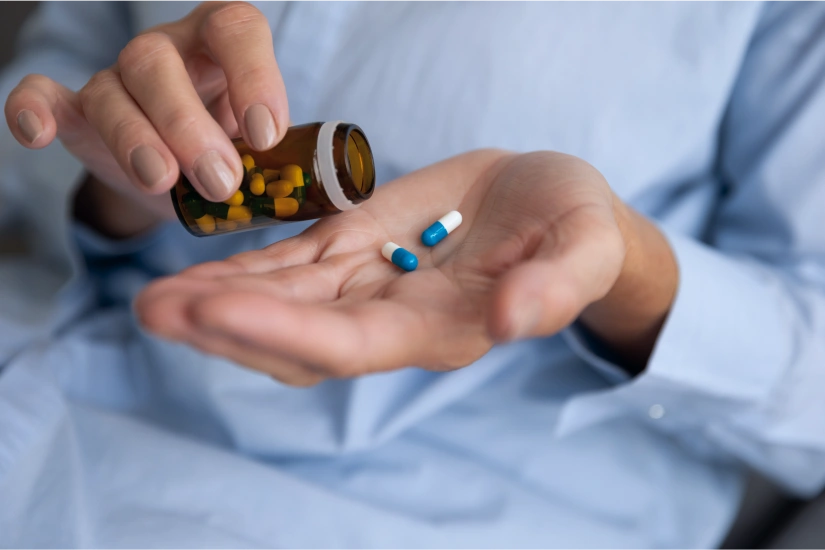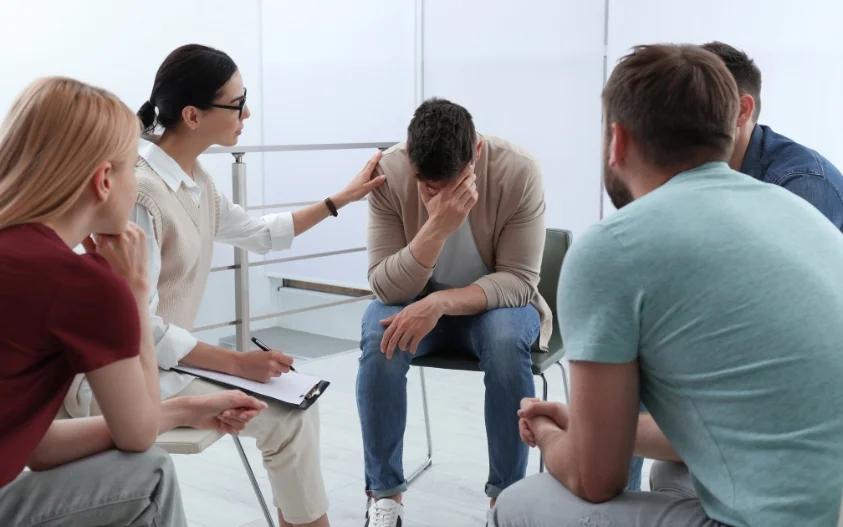24/7 Helpline:
(866) 899-221924/7 Helpline:
(866) 899-2219
Learn more about PTSD Treatment centers in Mcgregor
PTSD Treatment in Other Cities

Other Insurance Options

Lucent

Group Health Incorporated

State Farm

PHCS Network

Coventry Health Care

Medical Mutual of Ohio

CareSource

Cigna

Magellan

Meritain

Ambetter

American Behavioral

Humana

Optima

Health Choice

Amerigroup

GEHA

WellPoint

UnitedHealth Group

Anthem






































Northland Counseling Center – Aitkin
Northland Counseling Center - Bunker Hill Drive offers outpatient treatment for individuals with alc...






















